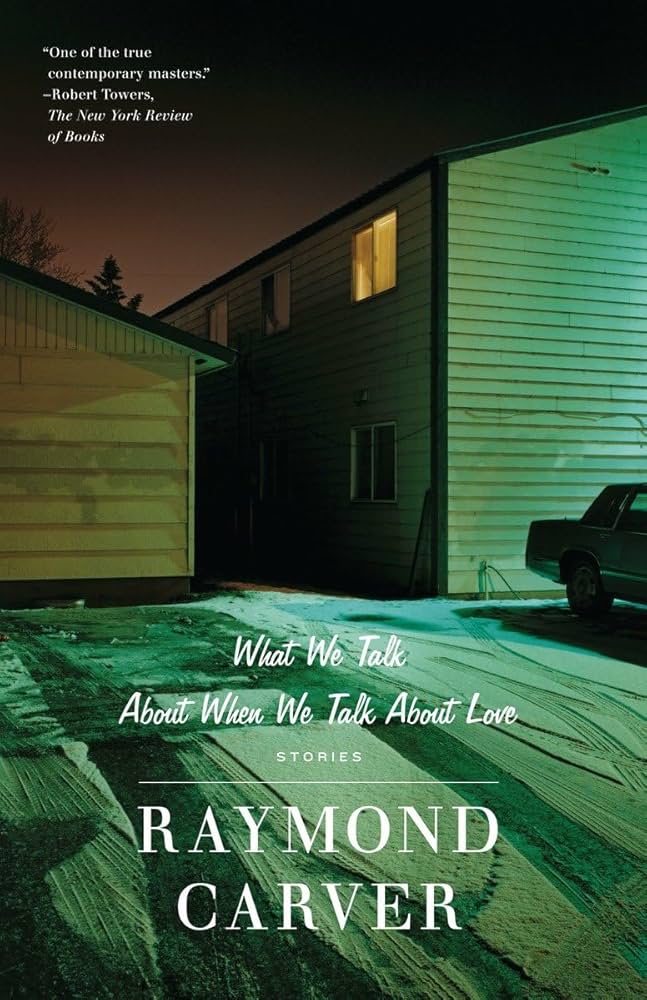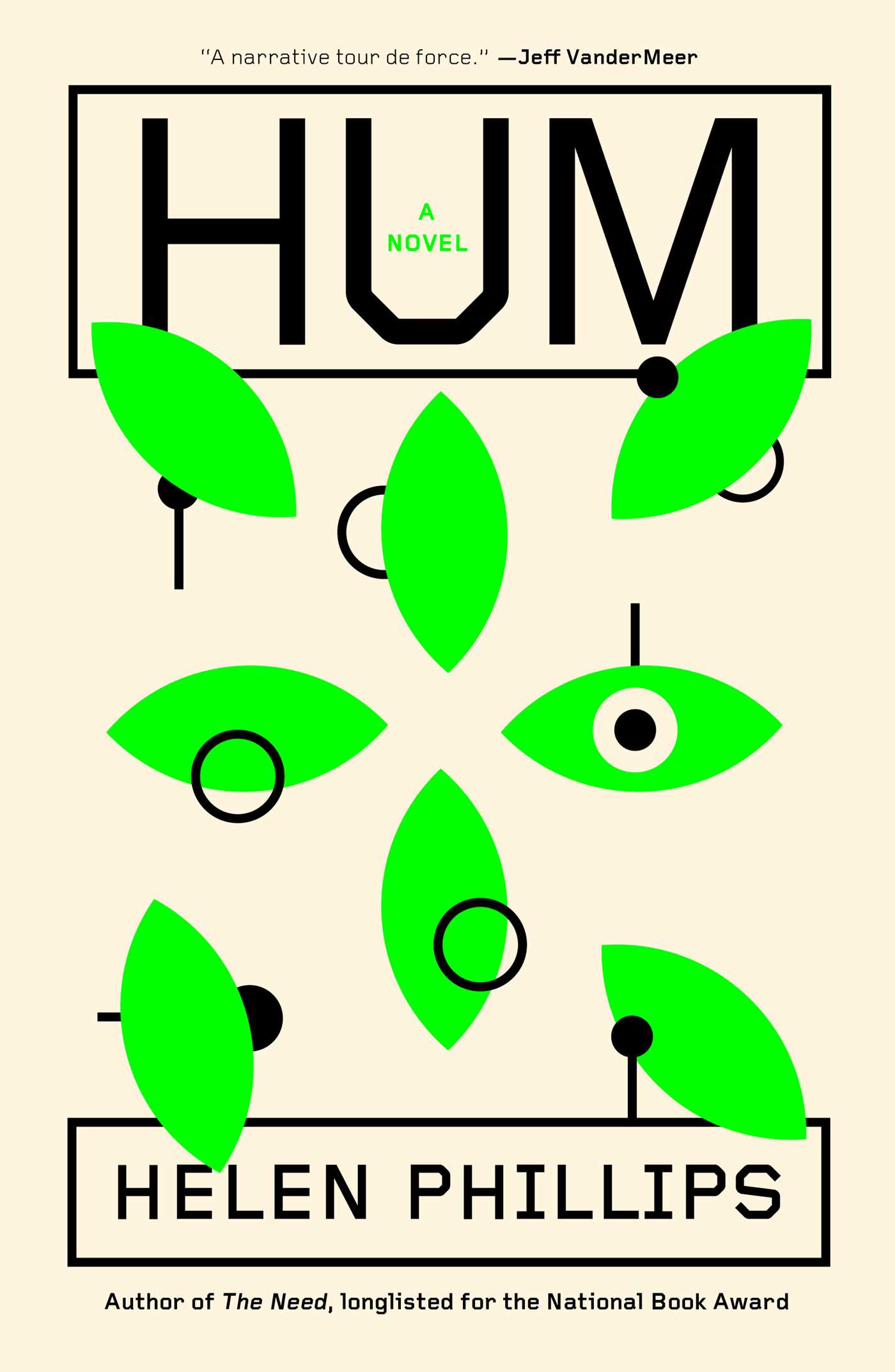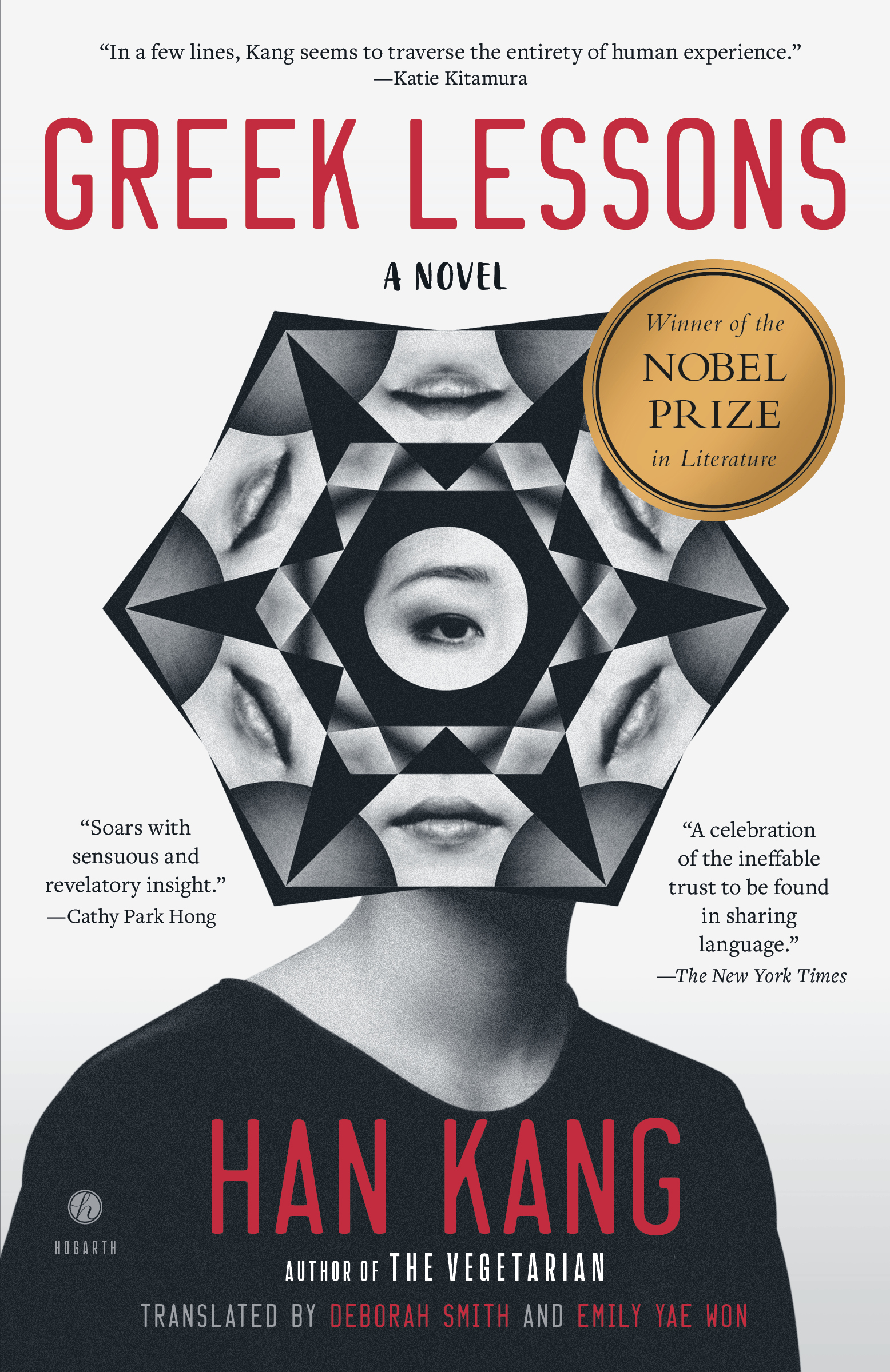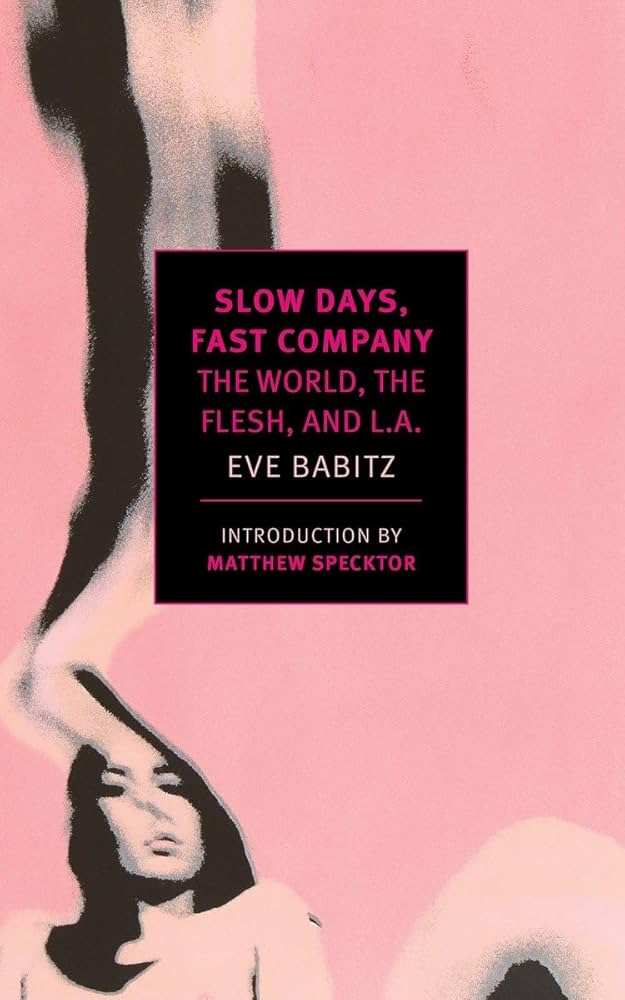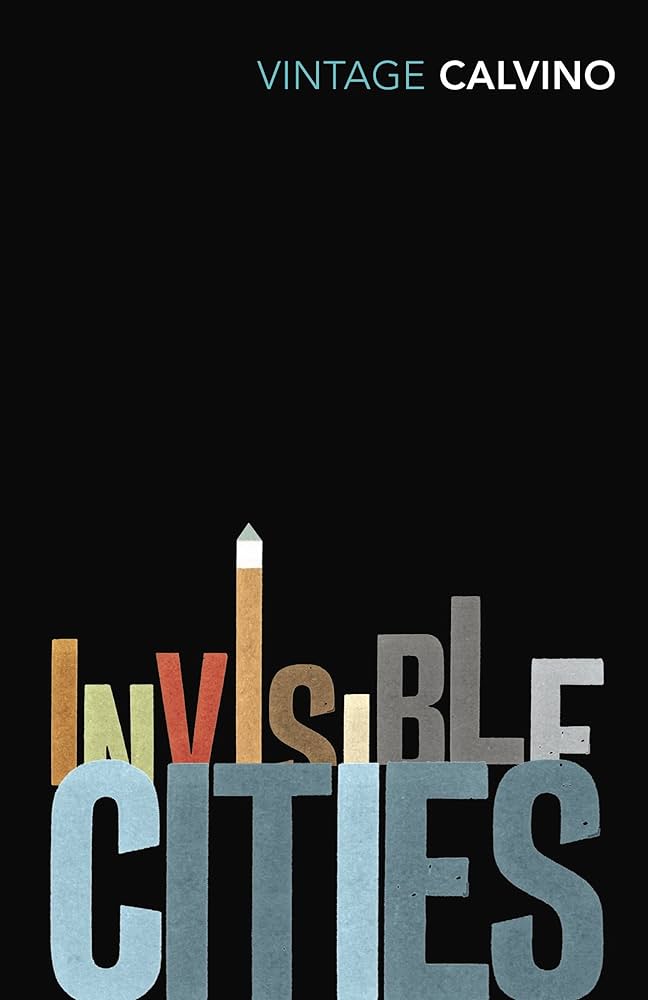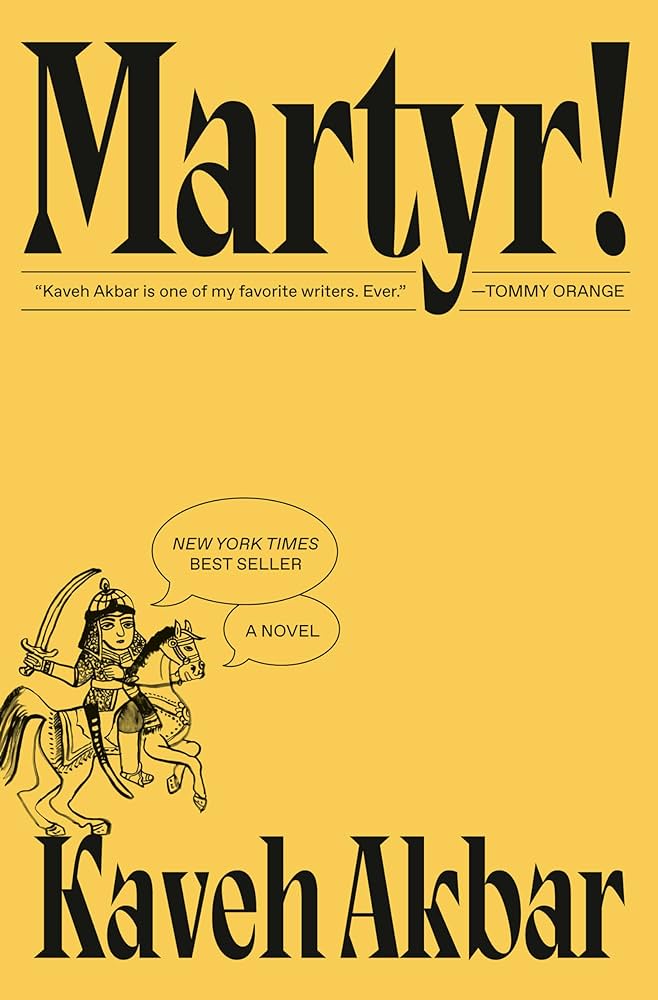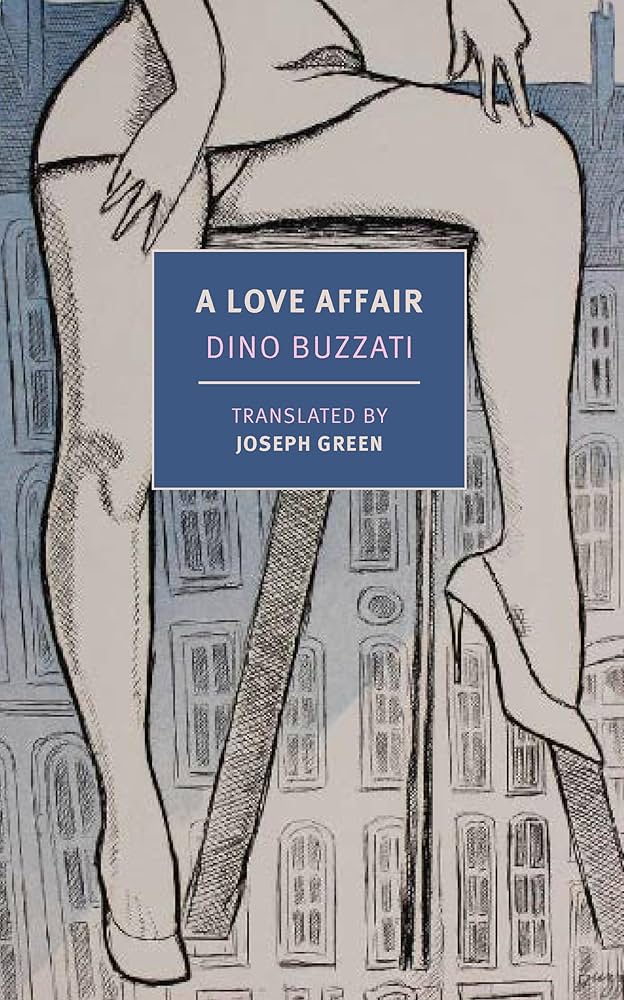I was at a used bookstore thinking of Raymond Chandler and spotted this. All I knew was that it was short stories, and it’s on lots of lists of Things You Should Read.
Well.
After the first two stories or so, I was convinced I was missing something. Nothing was happening in these stories, or at least, I couldn’t tell you what they were about – but of course, that’s the point. These are moments of relationships, peeks into the lives of people in crisis or despair.
Anyway – after those first few stories, with my expectations now set, I started again, and I’m a fan. These stories will stick with you.
Most are almost relatable, or at least rooted in somewhat common experience – failing relationships, infidelity, and substance abuse. The stories are short – frequently just as you get your bearings, the story flares up and ends.
It’s a great collection, and it’s made even greater by the mythology. Turns out these were heavily edited and Carver was very unhappy with it. Some of the original stories were published in full in 2009, in a book called Beginners.
This is a juicy story, and I’ve spent more time reading about the book than I did reading any single story int he book itself.
Here’s an article (ungated) in the New York Review of Books that takes it apart:
Beginners is twice as long as What We Talk About When We Talk About Love (202 pages compared to 103 in the present volume), and about half as interesting. One can’t help but wonder whether the Library of America would be republishing Carver now if it had been this version of the book, and not the one pruned and scoured by Lish, that appeared in 1981. Carver’s original text, it turns out, is dense with sentimentality and melodrama. Lish sensed a leaner, quieter, more agile book trapped inside the manuscript and he hacked away briskly until he was satisfied he’d found it.
That article also includes details about Carver’s personal life that add dimension to the collection, including that Carver was a recovering alcoholic and on the edge of financial ruin when this book was published. It’s also not quite clear that he was as firmly opposed to the edits that Lish made, but you’ll have to click the link to find out more.
Here’s an interview in The Guardian with Gordon Lish, the editor:
So we were supposed to meet, and Johnson phoned to say, I can’t keep my appointment with you, I’m stuck here on California Street with a guy who’s too drunk to get home and his car won’t start. I rode my bicycle over there. That was how I met Carver.
In both pieces, Lish sounds like a brilliant jerk. In the Guardian piece, the interviewer asks him “If you don’t think of yourself as a writer, how come there are books out there with your name on them?” Here’s Lish’s answer:
Because I could get away with it and because it was persuasive to women…
I’m not really terribly interested in anybody else’s heart or mind, or even in my own… I’m not exactly autistic, but if you called me that, I wouldn’t object. Hey, I’ve been fired from every job I’ve ever had. I can manage, if I choose to manage, but I don’t choose to. Really, the society of others – certain friends, family and lovers aside – is not a prominent need in me.
When asked to reckon with the accusations that he meddled too much in Carver’s work:
I’m thinking of anybody whose work I’ve fooled around with. Had I not revised Carver, would he be paid the attention given him? Baloney!
…
I can’t believe that what I had in my hands from Ray would have made its way into the hearts of those who have apparently been so undone by the work. Which work had been deformed, reformed, tampered with in every respect by, yeah, me. Contaminated, uncontaminated, that’s a discrete consideration. But readers were seduced, and, I’m sorry, but it was my intervention that seduced them.
On how he can tell what’s good:
Because I’ve got the fucking gift for it. Instinct, call it. Whatever the property, in truth or in delusion, I depend on it. Without a hitch. I would regard myself as infallibly able to make distinctions between this and that, distinctions others would either not make or would withdraw from acknowledging.
Both of those pieces are worth reading in full. Whether Carver would have become a part of the canon without Lish is unknown. What is known is that these stories are shining examples of the form.

